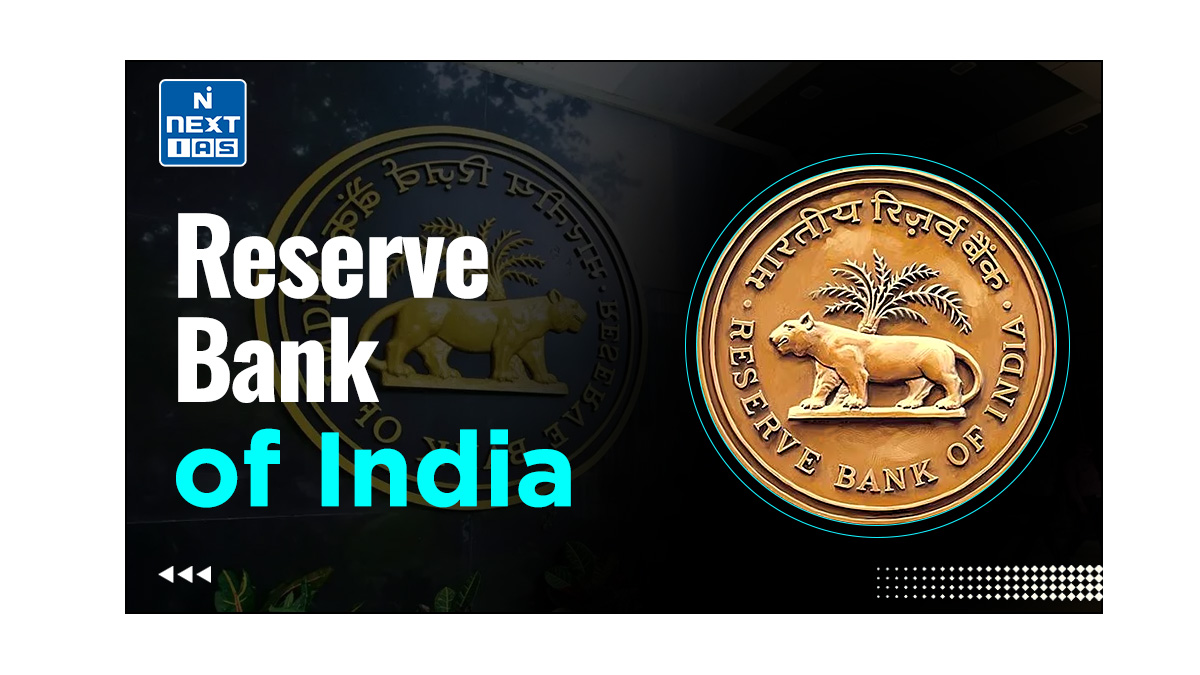
Foreign Portfolio Investment (FPI) in India is a significant driver of economic growth and development in today’s globalised world. This holds particular significance for a developing country like India. This article aims to study in detail Foreign Portfolio Investment (FDI), its meaning, significance, criticisms, and the related concepts of Foreign Institutional Investor (FII).
What is Foreign Portfolio Investment (FPI)?
- Foreign Portfolio Investment (FPI) refers to foreign investment made in an economy through the purchase of financial assets in a foreign country, such as stocks, bonds, etc.
- Unlike Foreign Direct Investment (FDI), which involves direct ownership and control of business enterprises, Foreign Portfolio Investment is characterised by passive holdings without any active management or control over the entities in which investments are made.
Differences between FDI and FPI
While the FPI and FDI, both, are important sources of funding for an economy, they differ from each other in the following respects:
| Dimensions | Foreign Direct Investment (FDI) | Foreign Portfolio Investment (FPI) |
|---|---|---|
| Involvement | Involved in ownership control and management, with a long-term interest. | No active involvement in management. Investment instruments that are more easily traded, less permanent, and do not represent a controlling stake in an enterprise. |
| Form | When a company invests in a foreign country to set up production or some other facility. | When a foreign company purchases equity in a company through stock markets. |
| Degree of Control | Enables a degree of control in the company. | No control in the company |
| Threshold | Any investment of more than 10% is considered to be FDI. | Allowed to invest up to 10% of the paid-up capital. |
| Sell Off / Pull out | More difficult to pull out or sell off. | It is fairly easy to sell securities and pull out because they are liquid. |
| Comes From | Tends to be undertaken by Multinational organisations. | Comes from more diverse sources e.g. a small company’s pension fund or through mutual funds held by individuals; investment via equity instruments (stocks) or debt (bonds) of a foreign enterprise. |
| Type of Market | Flows into the primary market | Flows into the secondary market |
| Tenure | Long-term investments. | Short-term investments. |
| What is Invested / Transferred | In addition to financial assets, it involves the transfer of non-financial assets, such as technology and intellectual capital. | Only investment of financial assets. |
| Purpose | Targets a specific enterprise. | Increasing capital availability in general. |
| Volatility | Considered to be more stable | Less Stable |
| Contribution | Contributes significantly to the growth of the economy. | Results only in capital flow |
Read our detailed article on Foreign Direct Investment (FDI).
Significance of Foreign Portfolio Investment (FPI)
- Capital Inflows: It brings substantial capital into a country’s financial markets, providing liquidity and aiding in the development of the capital market.
- Market Efficiency: Increased FPI activity can lead to greater market efficiency. The presence of foreign investors usually leads to better corporate governance and transparency as companies strive to meet international standards.
- Economic Growth: It helps stimulate economic growth by providing the necessary funds for investment in various sectors.
- Foreign Exchange Reserves: It contributes to a country’s foreign exchange reserves, strengthening its ability to manage external shocks and maintain economic stability.
- Risk Diversification: For investors, it provides an opportunity to diversify their investment portfolios and hence spread risk across different markets.
- Access to Global Markets: It allows investors to access growth opportunities in emerging markets, potentially leading to higher returns.
Issues with Foreign Portfolio Investment
- Volatility: Being highly liquid in nature, it is susceptible to sudden withdrawals, leading to market volatility and potential financial instability.
- Speculative Nature: It can be driven by speculative motives, leading to price bubbles and subsequent crashes.
- Exchange Rate Fluctuations: Large inflows and outflows of FPI can cause significant fluctuations in the host country’s exchange rates. This, in turn, impacts export competitiveness and economic stability.
- Regulatory Challenges: Its regulation requires robust legal and regulatory frameworks to prevent market manipulation and ensure investor protection.
Conclusion
Foreign Portfolio Investment (FPI) in India plays a vital role in the global financial system. Along with contributing to the development of capital markets, it also provides opportunities for investors to diversify their portfolios. However, its speculative nature and potential for causing volatility require careful regulation and management. Effective management of its potential downsides can help countries leverage it to achieve sustainable economic growth and development.
Foreign Institutional Investor (FII)
- Foreign Institutional Investor (FII) refers to an investor or a group of investors who bring Foreign Portfolio Investment in India by participating in the secondary market of the economy.
- Foreign Institutional Investors (FII) include hedge funds, insurance companies, pension funds, and mutual funds.
- To participate in the market in India, Foreign Institutional Investors (FIIs) must register themselves with the Securities and Exchange Board of India (SEBI).





